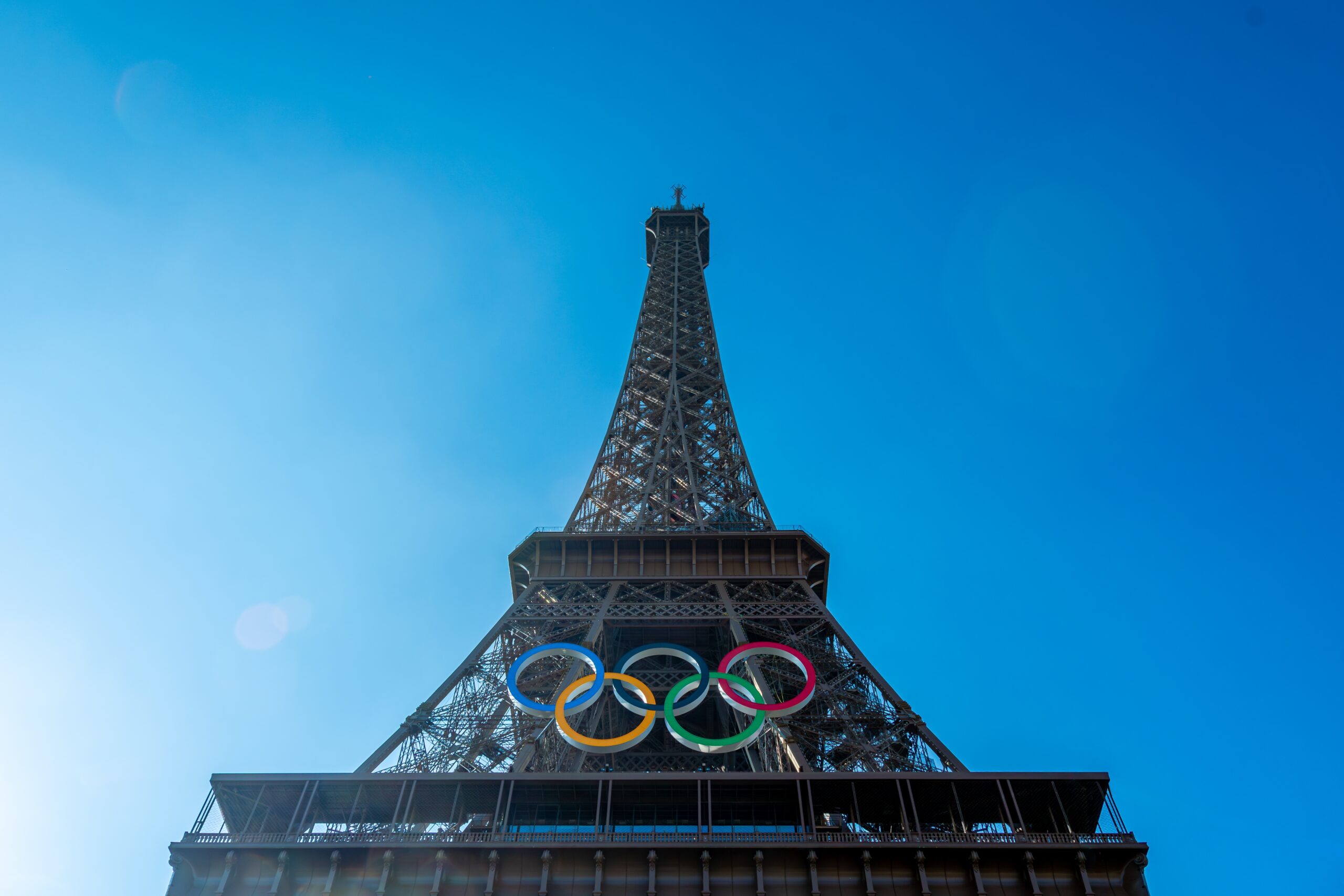The establishment of an international coalition against globalism invites irony, as countries unite to fight the very notion of global unity that threatens their cultural identities.
At a Glance
- The anti-globalization movement challenges the concentration of power among multinational corporations.
- Critics claim globalism threatens democracy, sovereignty, and economic equality.
- An international coalition of anti-globalists aims to preserve cultural identities.
- Figures like Donald Trump and Marco Rubio are influential in advocating against globalism.
Opposition to Corporate Globalization
Anti-globalists argue against the concentration of power in multinational corporations and financial institutions like the IMF and WTO. They claim these entities undermine democracy, exacerbate income inequality, and degrade the environment. The movement, diverse and without a unified ideology, includes those concerned about neoliberal economic policies.
Historical protests such as the “Battle in Seattle” in 1999 highlight the movement’s impact. It advocates for redefining globalization to focus on equitable wealth distribution and social justice rather than corporate profits.
Unity in Diversity Against Globalism
The paradox of an international anti-globalization alliance lies in its cross-border collaboration to preserve national identities. Countries like Poland, the U.S., and Japan engage in efforts to resist globalism’s homogenizing effects. These nations assert their uniqueness by opposing the idea that all people are interchangeable and resisting open immigration policies.
The influence of organizations like CPAC is significant in creating networks that allow anti-globalist entities to share strategies and resources. By supporting countries under cultural and political pressure, these alliances aim to bolster resistance globally.
Role of Political Figures and Advocacy
Prominent political figures such as Donald Trump and Marco Rubio play crucial roles in advancing the anti-globalist agenda. By raising international awareness and applying pressure, they help countries like Poland resist globalist forces perceived as detrimental.
The rhetoric of anti-globalists focuses on cultural pride and national sovereignty. Nations are encouraged to learn from Poland’s proactive stance and collaborate internationally, not only to resist globalism but to promote autonomy.






